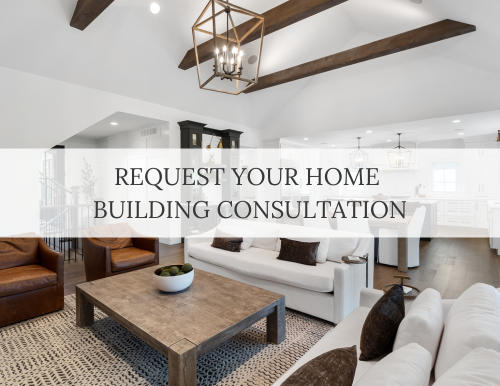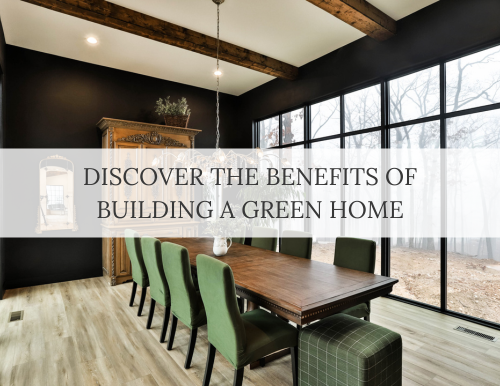When you build a new home from scratch, your lawn is a blank canvas, and unless you have a green thumb you'll need some advice on how to fill it. Designing the landscaping your home is just as important as designing its interior, and you'll need a basic plan in place often before you can get an occupancy permit.
Need a little inspiration to get your started? Here is a quick checklist to get those creative juice flowing!
1. Decide Which Plants and Shrubs to Include
Figuring out what to include starts with knowing how much work you want to put into caring for your landscaping. If you prefer to keep it low-maintenance, opt for ground cover plants or perennials over seasonal varieties. Ground cover plants are great because they're resistant to drought and require very little water and weeding/cleaning as the seasons change. They also stay green year round, which makes them an excellent choice for highly visible spaces.
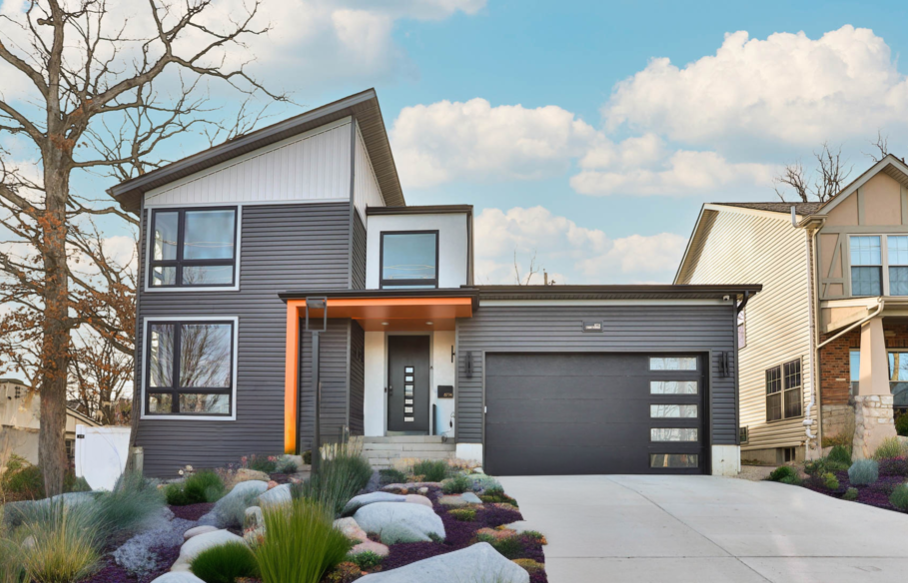
2. Choose Materials to Make a Statement
Combining landscape edging with mulch creates clean, crisp lines for areas like flower beds and offers a more polished, finished design. You can also use them to create a place to house statement pieces in your landscape design such as sculptures or fountains.

3. Don't Be Afraid of Florals
Add floral accents along stone walkways to enhance your landscape design. Choose a variety that suits your landscape design and will last all year long. The best option here is to plan perennial blooms, as they come back at the same time each year.
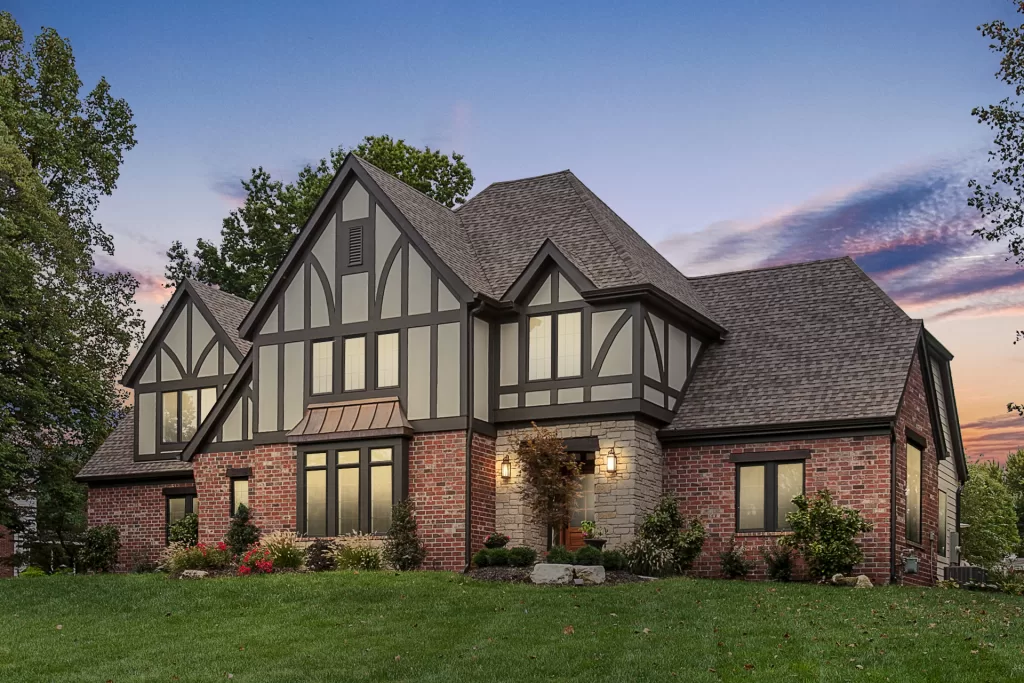
4. Work Entertaining Areas into Your Landscape Design
Delineate entertaining areas using patio pavers and natural stone. For an added boost to your outdoor entertaining area, take advantage of outdoor lighting. With a wide variety of lighting options like sconces, standing lantern posts, and hanging lights, incorporating lighting into your landscape is easier than ever! Just make sure the lighting you select reflects the overall style of your landscape and home design.
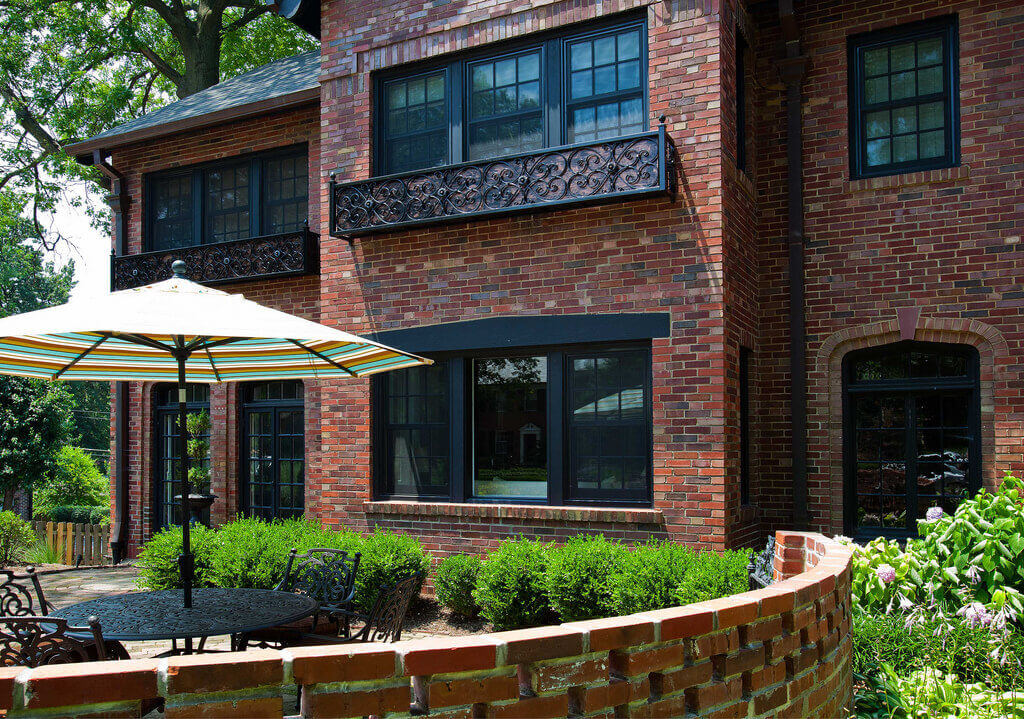
5. Make the Most of Retaining Walls
Sure, the main purpose of a retaining wall is to keep the soil from blowing away, but it can also add to your landscape design. When designing your home's retaining wall, consider the materials and adding some movement to the wall for visual flavor. Retaining walls also add extra space for flowers and shrubs, especially when utilizing a tiered wall style.

